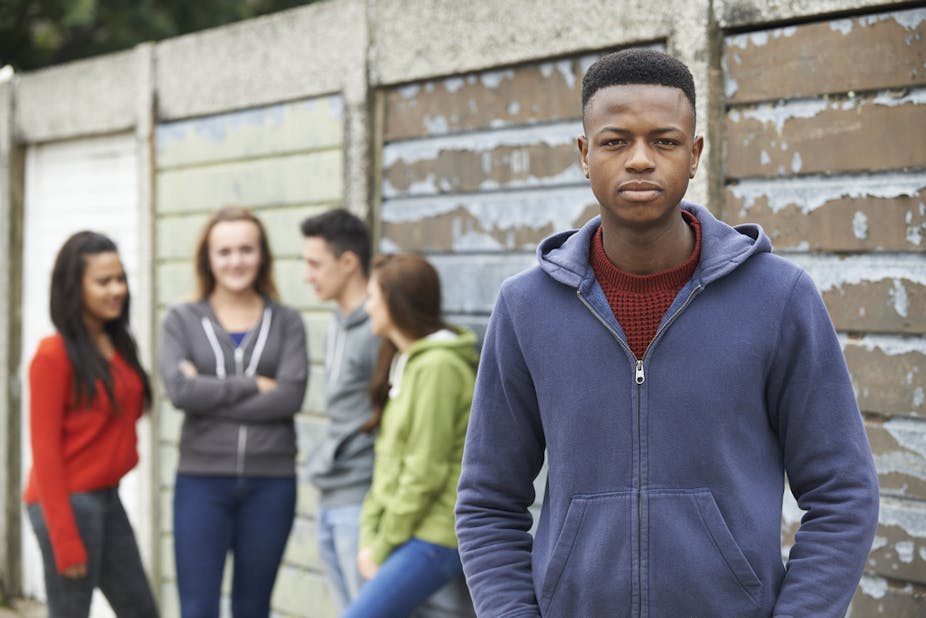Ask anyone about Human Papillomavirus, or HPV, and they will probably tell you that it is linked to cervical cancer. If they are a teenage girl living in the UK, they will know this as they will have been given a jab to “stop them getting cervical cancer”. Because of this, parents will probably view HPV as a problem for their daughters, not for their sons. But they’d be wrong.
HPV is a virus that is passed from person to person through sexual contact. It is incredibly common, and almost everyone will have caught HPV at some point in their lives. Most people are able to get rid of the virus themselves with no lasting harm, but for some the virus can lead to a number of different health problems.
HPV can cause genital warts, something both men and women suffer from. But it can also cause cancer. The most widely known is cervical cancer and that is why most people link HPV with women, but HPV can also cause cancer in the throat or the anus, and it doesn’t take a medical expert to work out that men have these body parts too. It can also lead to cancer of the penis, which is a very male issue.
Cancer is a frightening disease, and a comprehensive vaccination programme could stop 5% of all cancers in the world and potentially wiping out cancers caused by HPV in a generation. There are not many cancers we can say this about. But to do this, we have to start vaccinating boys.
Getting to boys through girls
Since 2008, 12 to 13-year-old girls in the UK have been able to get vaccinated against HPV for free, usually through a school vaccination programme. But the same opportunity has not been offered to teenage boys. This is despite the fact that they could develop HPV-related diseases, and the fact that the vaccine works in boys. For example, researchers in North America have shown that the same vaccine that is given to girls, if given to boys, would reduce their chances of getting genital warts and some HPV cancers.
So why does the UK government not offer the vaccine to boys? This is already happening in Australia, the United States, two Canadian provinces and Austria. The UK argument is based around the assumption that as this is a sexually transmitted infection, vaccinating girls will mean that they don’t have the virus and it won’t be passed on to boys.
This argument stands up if every single girl gets vaccinated, and all boys only have sexual contact with vaccinated girls. This is unlikely to happen. And where does it leave the men who have sex with other men? It leaves them unprotected.
Men who have sex with men
It has been argued that it is not cost-effective to vaccinate all boys and that we should just vaccinate men who have sex with men. Superficially this may seem like a suitable solution, but the practicalities of vaccinating men who have sex with men are complicated.
The vaccine offers most protection if it is given to the person before they have any sexual contact (so they have not been already exposed to HPV), that is why 12 to 13-year-old girls are vaccinated. It is totally inappropriate to ask 12 to 13-year-old boys if they are likely to have sex with another male when they are older, and if so, would they like an HPV jab?
The other solution is to vaccinate men who have sex with men at a sexual health clinic, but this would in all likelihood be too late, as they will have probably already caught HPV at this stage. This is why all adolescents, both boys and girls should be offered the vaccine as they are in other parts of the world. We can, and should be protecting our adolescents in the UK in the same way.

